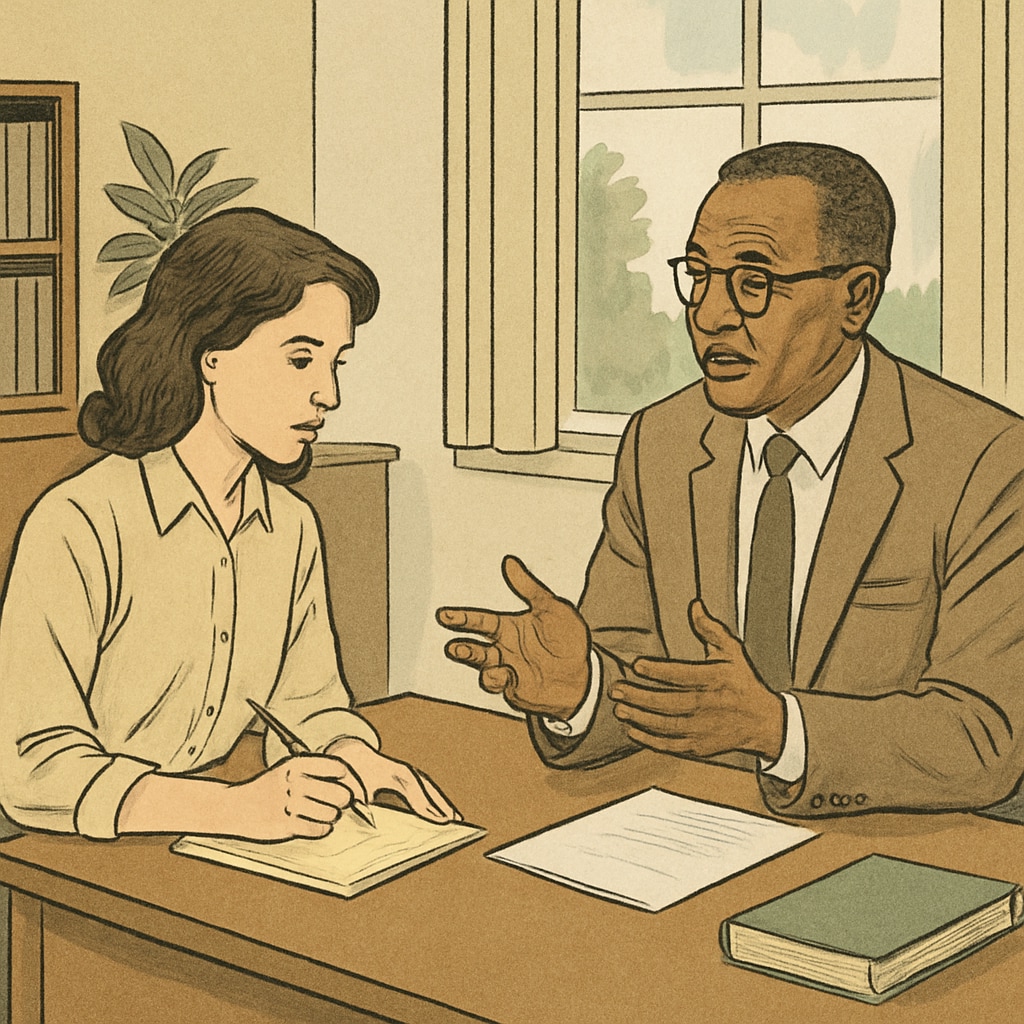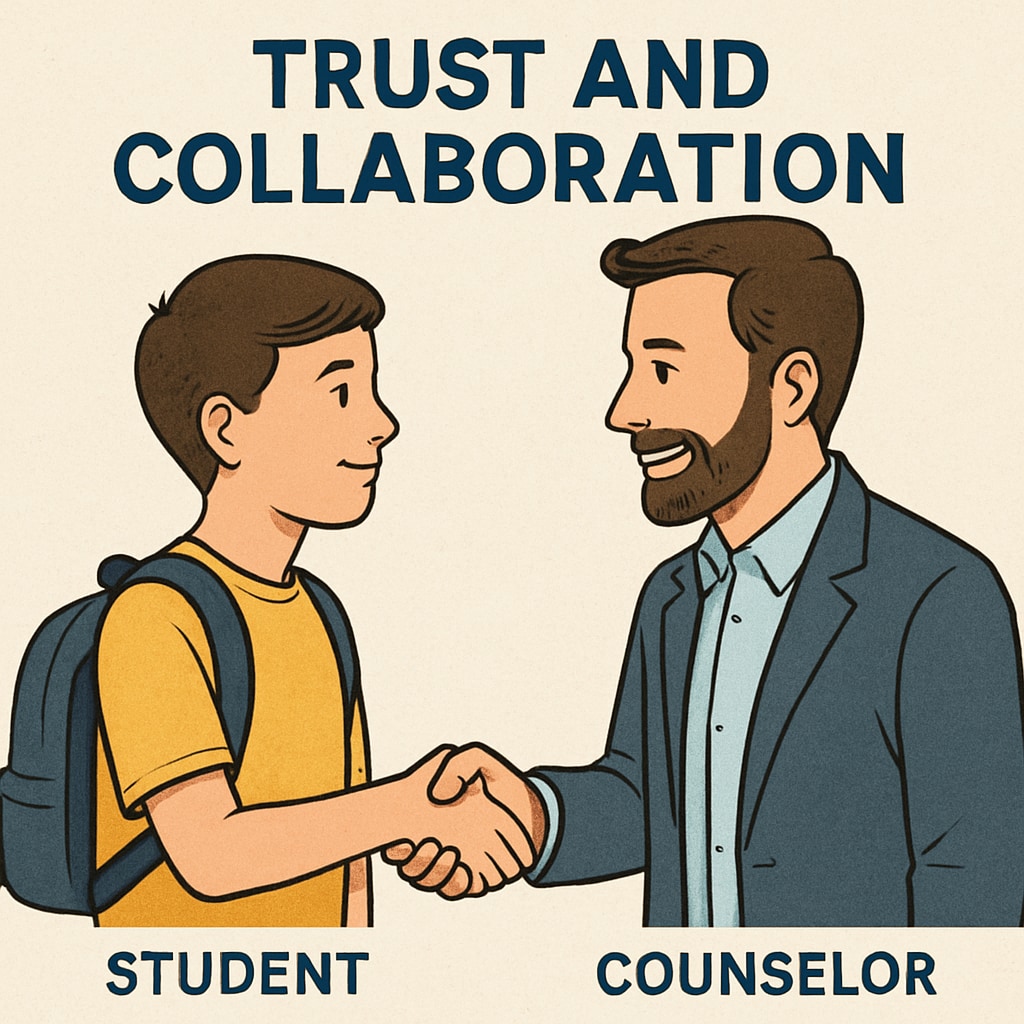Graduate students often seek insights from school counselors, particularly those in K-12 settings, as part of their academic assignments or research projects. These interviews serve as a vital bridge between theoretical studies and real-world education practices. By fostering dialogue, both graduate students and school counselors can gain new perspectives that enrich their respective fields. However, establishing these connections can be challenging without clear strategies and mutual understanding.
The Importance of Collaborating with K-12 Counselors
K-12 school counselors play a crucial role in shaping the academic, social, and emotional development of students. For graduate students, their insights offer a unique opportunity to ground academic theories in practical experiences. This collaboration can help students better understand the challenges of modern education systems, including issues like mental health, diversity, and career readiness.
In addition, school counselors benefit from these interactions by gaining exposure to fresh research, emerging educational theories, and innovative strategies. Such exchanges can lead to professional growth and even inspire new approaches to their work. Ultimately, these academic interviews create a two-way learning process that benefits both parties.

Challenges in Establishing Academic Dialogues
Despite the benefits, initiating interviews between graduate students and school counselors can be challenging. Time constraints, differing professional priorities, and a lack of clarity in communication are common barriers. School counselors often have demanding schedules, leaving little room for external engagements. On the other hand, graduate students may struggle to articulate their academic needs in a way that resonates with practitioners.
Another significant challenge is building trust. Counselors may feel hesitant to share sensitive information, even when anonymity is assured. Graduate students must therefore demonstrate professionalism and a commitment to ethical research practices to foster a comfortable and productive dialogue.

Strategies for Effective Communication
To overcome these challenges, both graduate students and school counselors can adopt the following strategies:
- Prepare Thoroughly: Graduate students should research the counselor’s background and the school’s context before the interview. This preparation demonstrates respect for the counselor’s time and expertise.
- Establish Clear Objectives: Clearly outline the purpose of the interview and the specific questions to be addressed. This helps the counselor understand the academic goals and align their contributions accordingly.
- Be Flexible: Respect the counselor’s schedule and be willing to adjust the interview timing to accommodate their availability.
- Foster Trust: Emphasize confidentiality and the ethical handling of shared information to create a secure environment for open discussions.
- Follow Up: After the interview, send a thank-you note and, if possible, share the outcomes or findings. This courtesy strengthens professional relationships for potential future collaborations.
Conclusion: A Mutual Learning Journey
Graduate students and K-12 school counselors have much to offer one another. By bridging the gap between academic research and educational practice, they can create meaningful contributions to the field of education. While challenges exist, careful planning and respectful communication can pave the way for successful collaborations.
As we strive to improve education systems, fostering these academic dialogues is more important than ever. Graduate students and school counselors should view these interviews not merely as tasks, but as opportunities for growth, innovation, and mutual understanding.
Readability guidance: This article emphasizes concise paragraphs and clear subheadings. Lists are used to summarize actionable points, and over 30% of sentences include transition words to ensure smooth reading flow. Both long sentences and passive voice are minimized for better readability.


